International Women's Day 08 March 2021
What is a woman? From the ancient tragedian Euripides to Sigmund Freud, the female personality was captured over the years, often with disdain, sometimes with humour and sometimes with admiration. It could be said that one of the most unanswered questions relating a women’s psyche is, “What does a woman want”? This was a question that perplexed the Austrian Psychiatrist Sigmund Freud. Countless women worldwide would agree that this is not a question to be answered by Freud as each individual woman knows what her calling is.
From the Prehistoric Period (until 2,500 BC), the Matriarchy was the first form of social organization of people, with a sociological, political and religious character. The woman / mother had a dominant position in the family and society, she was the leader of the genus where any inheritance rights were transferred to the female members of each family. In some tribes, such as the Tuareg and the Iroquois, the institution of the Matriarchy is preserved to this day. Remnants of a matriarchal structure also exist in Judaism. Children are considered to be Jewish only if their mother is Jewish. But how is a woman treated in modern day?
Women give life, an ultimate gift to humanity. Maternal care and selfless love which is unconditional. However, the question of equality still remains. International Women's Day was first celebrated on 28 February1909 in New York28 February1909 in New York. It was called National Women's Day, at the initiative of the US Socialist Party, in commemoration of a large protest held on 08 March 1857 by textile workers in New York for better working conditions (although this is disputed by some American historians).
From then until today, women are present in all social, political, national struggles around the world. Unfortunately, the road to equality is not strewn with rose petals. An example of this imbalance can be seen in Cyprus, where I am based, as women are paid an average of 13.7% less than men. There is also sexist segregation, especially in key positions of leadership, such as within Parliament. We are still imagining the day when the first woman President of the Republic of Cyprus might be elected.
In turn employers do not invest in a female workforce. Fear factors such as pregnancy and the responsibilities that come with starting a family, lost working hours, lack of dedication to the work place, all contribute to imposed prejudice.
It’s the government’s responsibility and duty to launch and imply better working conditions for women. For example, Finland's ruling coalition consists of five parties, all led by women. Enhancing gender equality was one of the Finnish Government's objectives. Maternity leave is granted to fathers at the same time as mothers. In Third World countries, underage girls who are subject to rape of body and soul are still married, which is immoral and unheard of in western society.
Women are different from men, but this does not mean that diversity and any difference does not require equality, respect and acceptance. Women worldwide have only three-quarters of the rights that men have, according to a World Bank study.
"If women had equal opportunities (with men) which would allow them to reach their full potential, the world would not only be fairer, but more prosperous," said Kristalina Georgieva, interim president of the World Bank and now Manafing Director of the IMF.
For thinking people, there is only one conclusion: If the mentality of men and women towards women changes, and if respect and appreciation for women is cultivated from an early age, then gender discrimination will stop and we will learn to live together equally and more harmoniously.
Christina Voniatis
Secondary Education teacher at the Cyprus Ministry of Education, Culture, Sport & Youth

Christina Voniatis is a secondary education teacher at the Cyprus Ministry of Education, Culture, Sport & Youth teaching Arts. She has also completed a certification on Cultural Tourism through the Erasmus Plus European programme and works alongside Nicosia Tourism Board promoting Nicosia, the capital of Cyprus. She’s also a member of the Cyprus Consumers' Union and Quality of Life and the socio-political movement “New Wave – The Other Cyprus”. She also supports the work that the British Committee is undertaking for the reunification of the Parthenon Marbles.

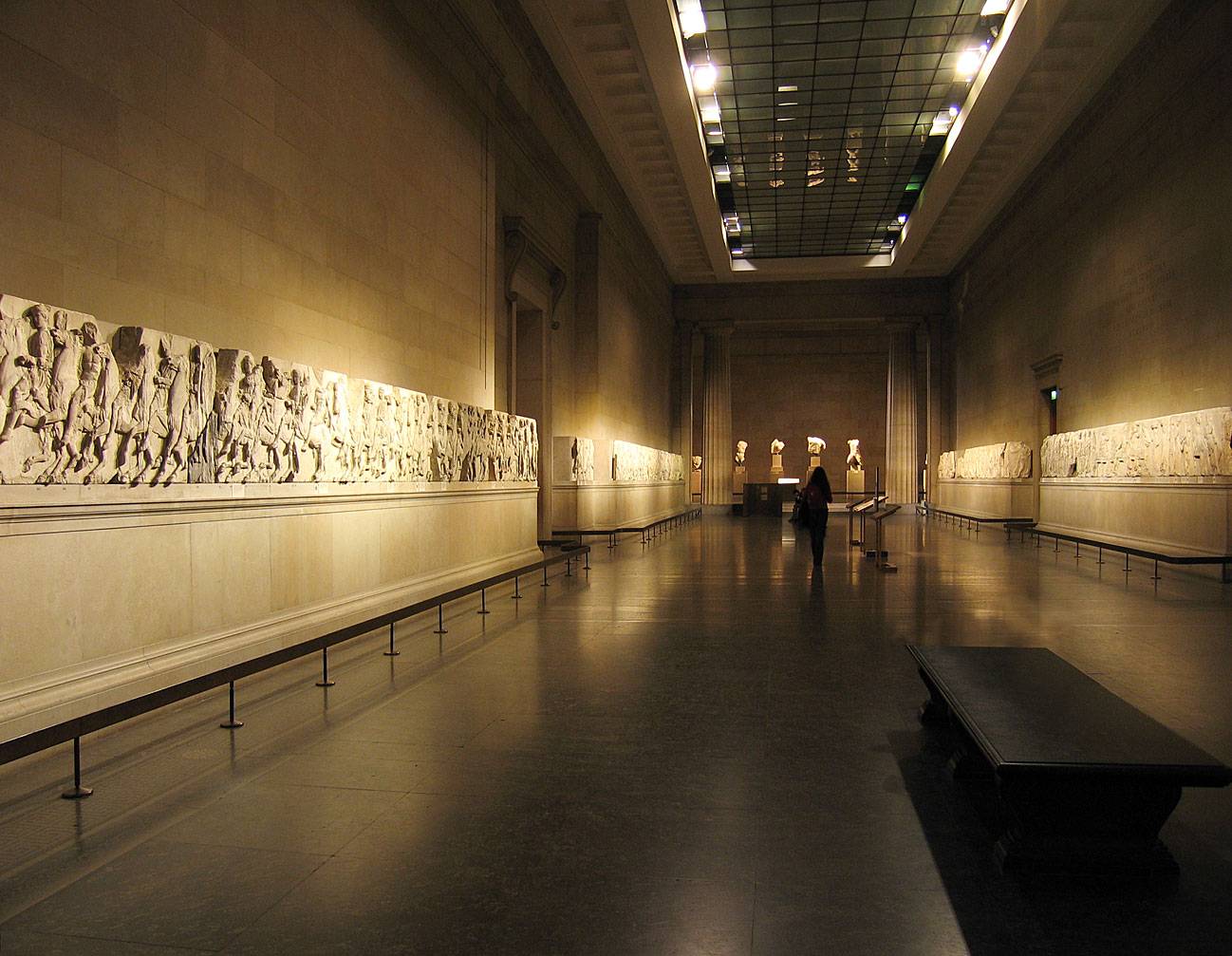
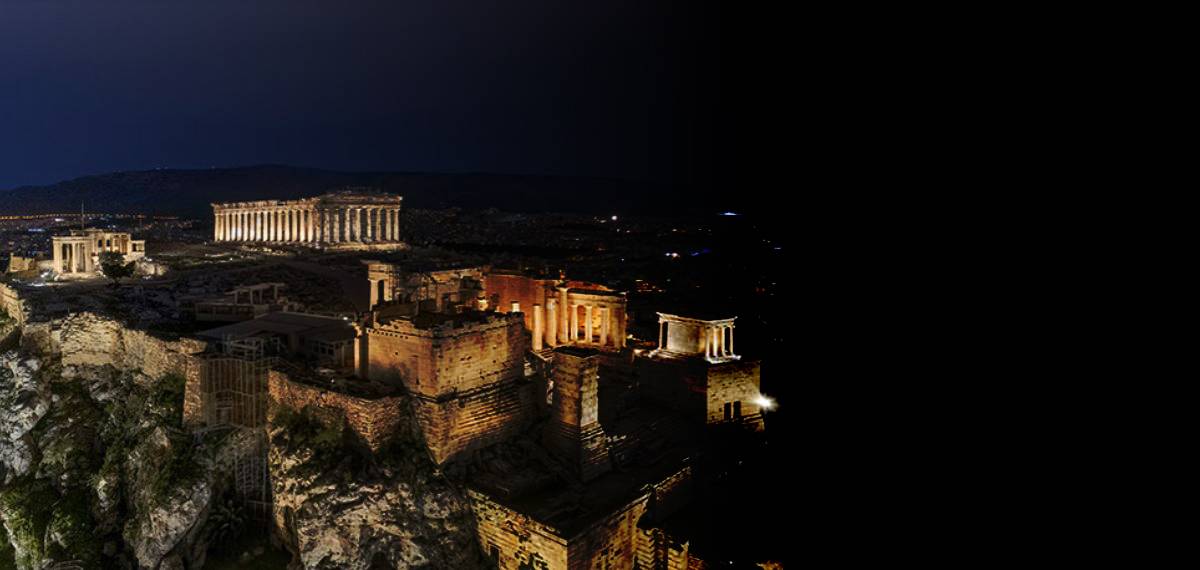
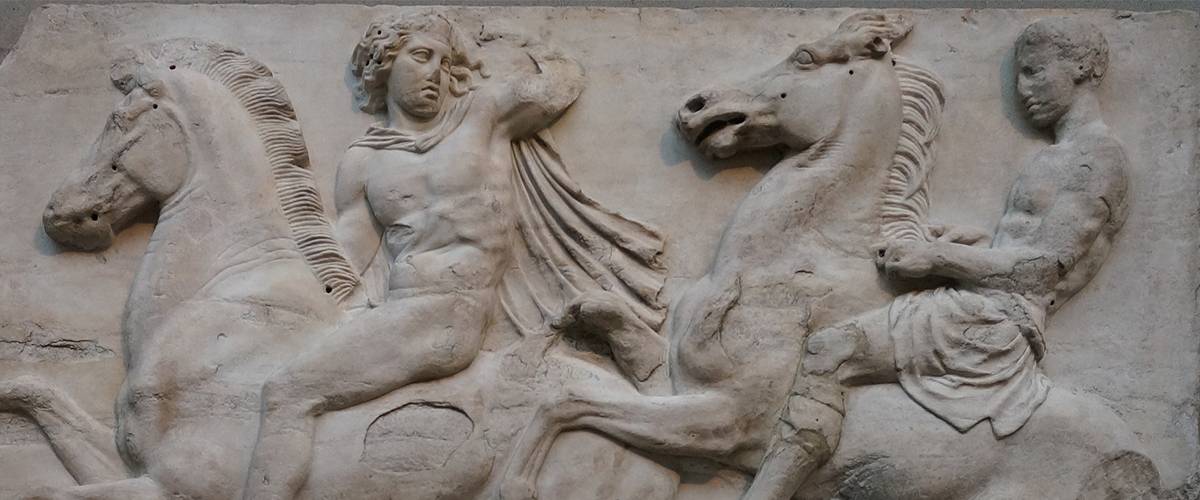

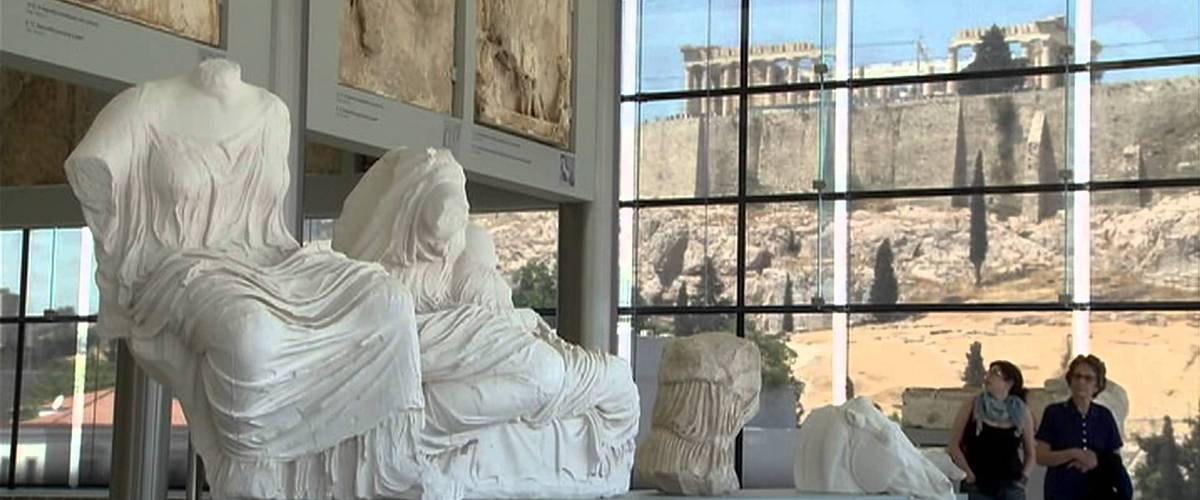

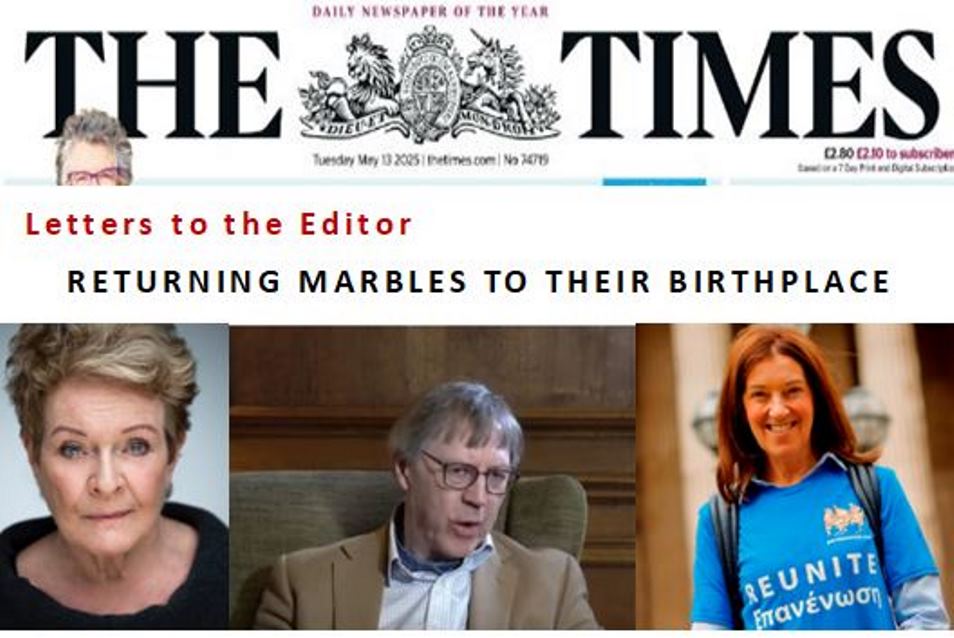

Comments powered by CComment